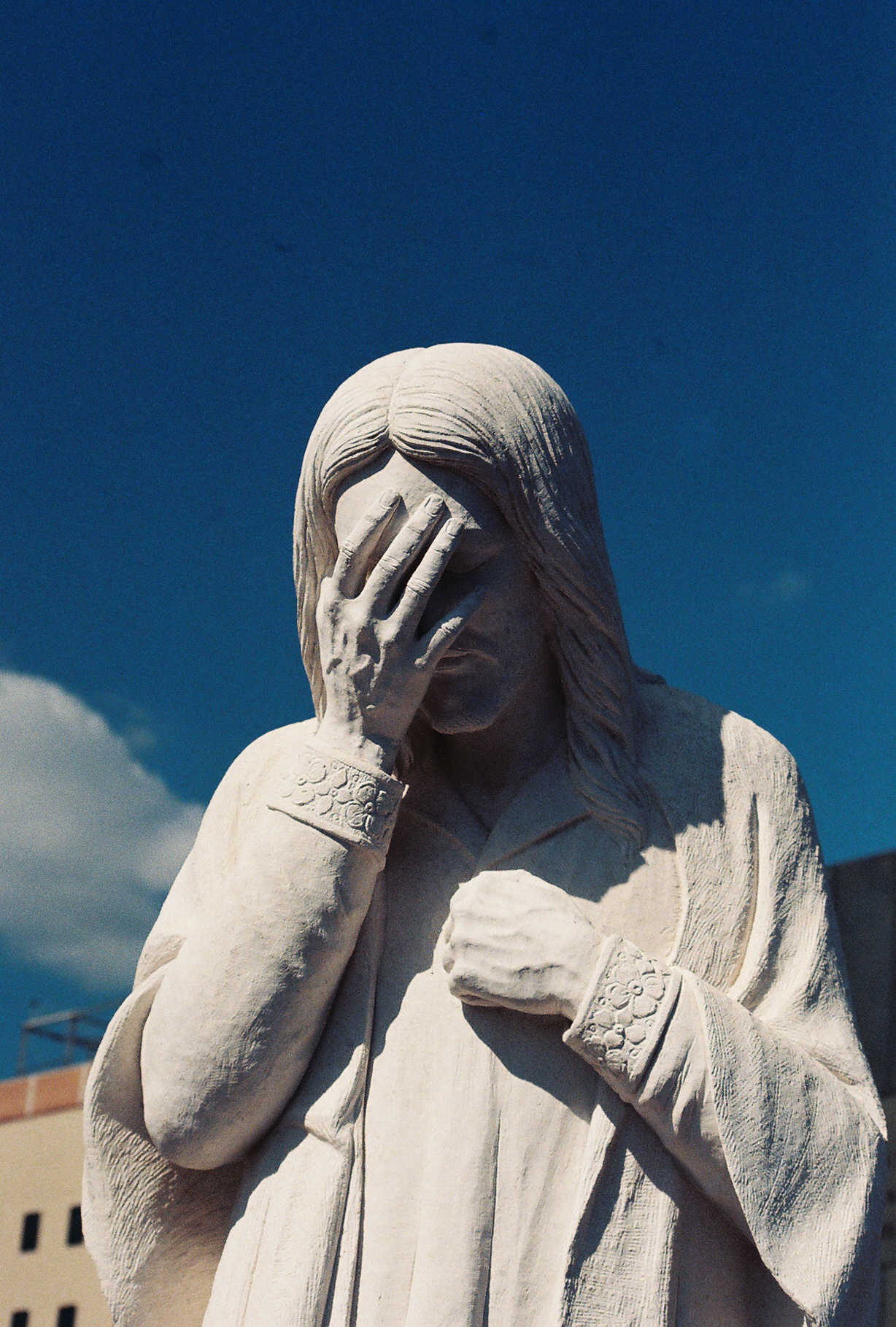I recently ran across an article on John C. Wright’s blog (written by his wife) called “Redeeming Villains: How Not To Do It.” It excellently makes the connection between the current trend of “victimizing” traditional villains, and “demonizing” traditional heroes. At first, I wasn’t quite sure what to think, but the more I looked at it, the more I think she’s on to something.
The gist of Wright’s point is not that the villains can’t be redeemed. It’s that to do so, the writers have resorted to demonizing something else that would traditionally be wholesome, or was wholesome in the original story. Of course, nobody is really evil, because they’re just victims, too! Poor villain. Nobody understands their struggle, when all they want is to be loved. And destroy all that is good.
The danger underlying this thinking is that it insinuates everybody who does something wrong has good motives, deep down… if you dig deep enough or spin a back story long enough, that “there is good in all of us.” The problem is, that’s just not the case. This is the “not-my-fault” mentality, the rationalization of evil. The lie of “with enough love, anything can be justified.” Wright even goes so far as to say it’s a case of blaming the victim.
Let’s look at some examples:
- Wicked vs. The Wizard Of Oz
- Maleficent vs. Sleeping Beauty
- The Grinch vs. How The Grinch Stole Christmas
- Frozen vs. The Snow Queen
This is bad storytelling on several levels, actually. It makes the “villain” out to be a helpless victim of circumstance, not a powerful force of evil. It turns the heroes into conniving opportunistic sociopaths. Neither options makes for very strong stories.
That’s not to say you can’t have villains that are complex and can be redeemed! No, far from it! But you can never redeem a villain by making the hero a scumbag. This is the kind of relativism that makes such stories leave a bad taste in your mouth. These stories are driven by revenge, weakness, fear, pain, and in the end the only solace they are able to give is “it wasn’t my fault, I couldn’t help myself.” The only epiphany they can muster is “love fixes everything,” including any number of unprovoked wrongs. There is no change in character, merely the unraveling of a story on the defendant’s stand. We don’t see villains get a change of heart or even get defeated, we just get “try to see things from their perspective” as an excuse for wrongdoing.
For example: One of my favorite villains, Magneto, is the classic example of a villain. He’s smart, he’s articulate, he’s capable, and he knows he’s viewed as evil. He doesn’t try to mince words. The X-Men believe their job is to save Mutants by cooperation with humans, Magneto believes his job is to save mutants by wiping out humans.
In traditional stories we’d say Magneto is evil because he chooses to act out his plans (however nobly stated) by harming innocents. We’d say Professor Xavier is good because he acts out his plans by saving innocents. Whether or not their end goals are the same isn’t the point; only their methods are subject to scrutiny. Even though Magneto thinks he is right, everyone reading the story knows what he’s doing is wrong. If Magneto were to have a change of heart it would truly be a redemptive story, because it would mean he would have to change his views to match what we know is right or wrong.
But in these new retellings, there are no heroes. The stories are based on people going back and forth, trying to express their feelings. Where is the gallantry? Where are the heroics? Where is the hero (man or woman) who overcomes a force of evil, and where is the force of evil that has a change of heart? There aren’t any of these. Without real struggles to overcome, we have no hero. Without a change of heart, there is no redemption of the villain.
The problem with this (as a writer, and as a believer) is that you can’t make someone a hero by lowering everything else below them. Heroes, by definition, have to rise to the occasion, not drag everyone else down with them.
Modern thought says if their intentions were good, then you can excuse a whole host of atrocities against humanity. Because gosh darn it, feelings. They tried. They didn’t have a choice.
There are words to describe this kind of story, but “heroic” isn’t one of them. Neither is “redemptive.”
We as the Church today are guilty of running around, trying to get God to “see things from our perspective.” Because gosh darn it, we can’t help ourselves. And our poor little egos try to make ourselves into heroes not by overcoming obstacles with God’s strength; instead we play the game of tearing everyone else down to make ourselves look better.
God’s story is heroic. It’s redemptive. It changes people’s lives. It makes no excuses, it plays no games. Humanity’s future is at stake, and God paid the ultimate sacrifice to overcome that obstacle. We have to change our views to match what God has told us is right. We cannot wallow in our sin and shout “It’s not my fault! I couldn’t help myself!”
God is not obligated to lower His standards for our sake. Instead, he chose to become the hero, and overcome every obstacle for our sake.
Thank God for heroes.


Got thoughts here, Jeff. This thinking can be seen in our culture. Kids are awarded trophies just for being on the team. “We’re all winners” barf. “Everyone is special and yes, even the bad guys have feelings too. It makes for watered down dribble in the form of a whimsy culture and bad upside down story telling. Your last three paragraphs are brilliant and to the heart of the matter.
Excellent piece. Thanks for sharing.